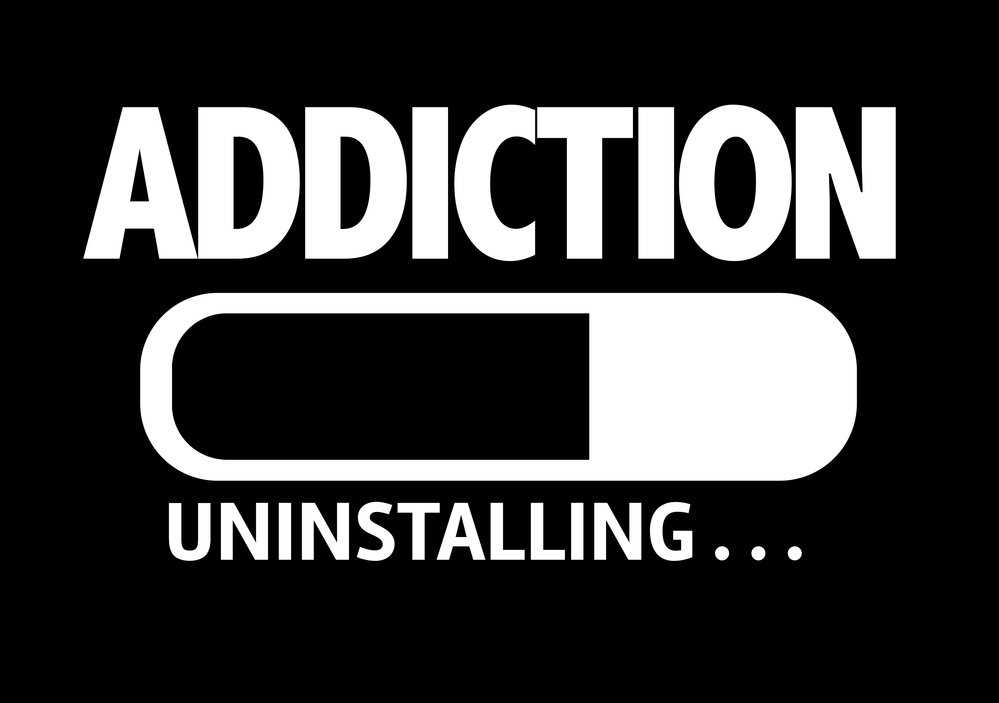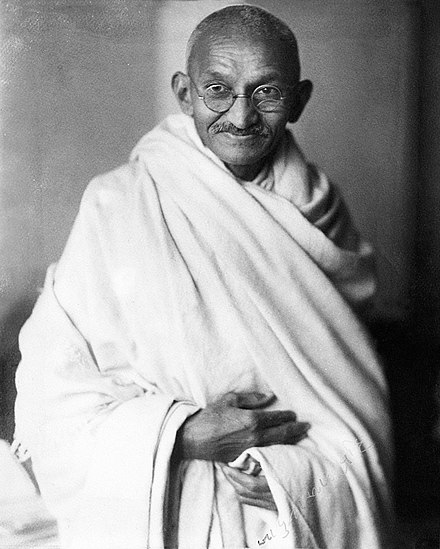Life is so precious. Over the last month, I have traveled hither and yon from West Palm Beach, Florida to Morgantown West Virginia, Pittsburgh, Penna with Houston, Texas and Salt Lake City and ending Los Angeles before returning home to the desert
TRAVEL
Over the span of a month, I experienced some great teaching and learning opportunities from Foundations Moments of Change Conference, next the 22nd Annual Appalachian Medical Conference developed by Dr. P. Bradley Hall, and then to the Association of Intervention Specialists Conference (AIS). Each one was chocked full of great knowledge, From having the Secretary of Health and Welfare, Dr. Sachter, speak, to hearing from Government officials, the President of West Virginia University and physicians from Yale, Brandis, Mayo Clinic, etc., each talk about their special approach to the opioid crisis — there was a synergy of collaboration in the room.
I was given the opportunity to speak on subjects that I am simultaneously passionate and knowledgeable about yet ones that do not usually get a lot of air space — Aging and Addictionand Suicide Amongst Professionals
The AIS conference blew me away with the depth of the presentations and the networking available to interventionists from across the country. Contrary to urban myth, there were no infomercials about treatment centers. Rather 7 different centers presented on clinical topics relevant to addiction treatment, from Evaluation (Pace Recovery), Music is Medicine (Recovery Unplugged), Addiction, Relational Trauma and Recovery (Breathe), Complex and Traumatic Grief (Cottonwood), DBT Core Mindfulness Skills (New Roads) Therapeutic Presence Mindful Based Recovery (Cirque Lodge), Pride, Passion and Pronouns (Windward) Out of the Box and Into The Community (Jay Walker) and EFT in Addiction Treatment (Ascend).
I am sure everyone had different takeaways. For me I found excitement in learning how to do a music assessment with clients and families. I never thought of music as a way to help with transport and intervention as well as another way to encourage conversation. I have a new way of looking at it all.
Likewise, I welcomed learning how others view and integrate attachment theory into their practices and how one maintains and connects in the presence with their clients. Woven thru all was the tragic realization that addiction, mental health and chronic pain cost families thousands of dollars in lost time, lost revenue, and lost connections with others.

I came however to a halting screech with the unrelenting realization that trauma (both subjective and objective) has no boarders from experiencing the effects of the Opioid and other drug crisis across the country, to the closure of the Tree of Life Synagogue in Pittsburgh following the deadly antisemitic shootings of last year, to the California fires which caused evacuations, school closures and an eerie sense of loss. In each of these instances one can clearly see the trajectory of how trauma becomes the unspoken villain in so many people’s lives and how easy it can be to turn to alcohol, drugs and other self-soothing methods to numb out.
First, the opioid epidemic has left so many families in debt from paying for treatment and burial costs. The trauma of seeing loved ones lose everything they have as they fall deeper and deeper into addiction and the untold burial costs of loved ones gone too soon.
Secondly, every week a mass shooting is served up like an appetizer on the daily news. Such was the case of The Tree of Life Synagogue shooting last year. Because I grew up in Pittsburgh and my grandfather played an important part in the founding of the Temple, the news had special relevance for me. Naïvely, I thought that the Temple was reopened and that all had returned to the “new normal”. Once again, I was misinformed. The Tree of Life was barricaded with a chain link fence and posters adorned the wall. The trauma of what transpired in these sacred halls has been too great for the 3 Temples that were housed there to reopen. I fell silent as I realized the countless number of folks who were in need of mental health services following this devastation and what a need there is for crisis workers not just in the immediacy of the moment but long after. The solemnness of the loss that has affected so many left me silent.
Leaving, the AIS Conference, I found myself brimming with hope after seeing so many colleagues and learning not just they were doing at treatment centers but also the volunteer work they were doing to help enrich their communities and reduce risks associated with AOD and other mental health issues.
I flew into LA refreshed and ready to celebrate The Peggy Albrecht Friendly House, who opened their doors in 1951 and have served women in recovery for the past 68 years. I also visited with my grandchildren and two of my daughters. All was absolutely wonderful – dinners with 4-year-old twins and an eleven-year-old grandson, having a sleep over with my beautiful granddaughter and our dogs and a Halloween party that would knock any 4-year-olds socks off. I was enjoying a short reprieve from the vicissitudes of work.
- We all were all fast-asleep, dreaming of what superhero we will be on All Hallows night when the phone startled us. Get up, get packed – get out – Fire cascading over the canyons and into the Palisades. When this happens one quickly puts into place what’s important – family not possessions.
We quickly packed up our things and nervously I forgot my day timer. Being on high alert reminded me of the fragility of human life and what is most important people not possessions. As I write this, fire still rage across California thou thankfully the evacuation has lifted where my family is. The Public school just reopened this am open and routine of the new normal has once again commenced.
TRIUMPH

And then I thought what is normal? What is normal across our country. There is always a new normal evolving. Hypervigilance, looking over one’s shoulder making sure all is safe is the new normal. Numbing oneself is often the new normal. Using alcohol and other drugs, gambling, disordered eating, sex, etc. becomes a commonplace response to deal with the tragedies being witnessed.
Folks however are extremely resilient and with help many triumph over the vicissitudes of tragedy.
As a seasoned, licensed clinician and interventionist, I have had the privilege of working with many families ravaged by internal and external trauma. I have had success in getting folks the help they need so they can lead a life of triumph. If you know if anyone struggling be courageous and reach out to me. I am honored to help.

And in the words of Gandhi.
“Every …… life has it stages of drudgery and triumph: a beginning, a struggle and a victory.”


